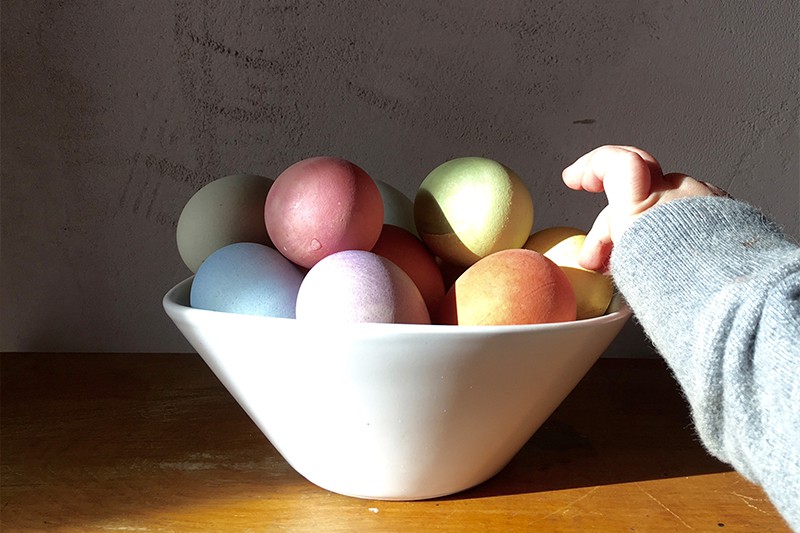
Simple Ways To Prevent The “Summer Slide”
Written by Katie Hintz-Zambrano
Photography by
Gray Benko, photographed by Clay Austin
It’s called the “summer slide” or summer “brain drain”—otherwise known as the amount of learning from the school year that kids lose over the summer. According to the RAND Corporation “the average student loses so much of what was initially learned that upon returning in the fall, he or she is—in terms of academic gains—one month behind where he or she left off in the spring.” This summer slide disproportionally affects low-income students, who have been found to actually lose more than one month of learning during the summer—and contributes to the wider achievement gap between low- and high-income students over time.
It’s clear that no matter your child’s age, keeping up those hard-earned skills over the summer is important. And it can also be fun. Whether you have summer school in your future, summer camps, or loads of unstructured time, here are some simple tips to preventing the summer slide and keeping your child’s brain engaged until school starts up again.
Read! Read! Read! Head to the library and stock up on the subjects your kid is into. Note that many libraries have summer reading initiatives and other programming to help fight the summer slump. Make a summer reading goal and help your kid reach it. For inspiration, check out our lists of Black History Books For Kids, 35+ Books Featuring Bold & Brave Female Characters, Great Picture Books For Mini Feminists, Kids Books That Challenge Gender Norms, Our Favorite Inclusive Kids Books, 10 Books For Your Mini Francophile, Kids Books That Encourage Healthy Eating, The Most Beautiful Children’s Books, and a history lesson on Caldecott Award-winning children’s books.
Apps, Games, & More. There are plenty of education-based tech tools that’ll excite your child and help them build and maintain skills over the summer. Common Sense Media has a solid list for ages 2-13 right here. If you’re into the idea of getting your kid into coding, there are also plenty of resources to get started or polish their skills.
Keep Up On Math. Math skills are one of the first things to go over the summer months and some research reports that students lose over 2 months of math learning during the summer. Make sure you keep kids engaged with fun math apps, start that lemonade stand (and have your kid handle all the money), bake with your kids and have them help you with all of the measurements, head to a baseball game and keep score, and find other everyday ways to engage in math. Read your kid math-related books, do Bedtime Math, play games that require math, and even keeping up math workbooks and worksheets aren’t entirely out of the question, depending on the child. Need some downtime? Flipping on the stellar PBS Kids show Odd Squad will also keep math problems in rotation in your little one’s mind all summer long. (We like these four tips on summer math via Harvard).
Write, Collect, And Share Memories. Whether it’s with pen and paper and a film camera or a fancier digital scrapbook tool and iPhone, encourage your kids to write their own stories this summer, either recording their own adventures or writing imaginative fiction. They can illustrate their unique stories via drawings, photographs, or smartphone videos.
Look For Learning Opportunities Everywhere. Hit a museum (research your local “free days” beforehand), travel near or far, plan a local adventure, go camping, do an art project, and enjoy nature as much as possible. There are learning opportunities wherever you look and easy ways to take your in-person experiences up a notch when curiosity and creativity is nurtured.
Embrace Downtime. Numerous studies have shown the power of play and unstructured downtime—for both children and adults. Letting your kids get “bored” over the summer and come up with their own entertainment solutions has a plethora of benefits that should be embraced.
For more on this topic, check out our piece on How To Raise A Lifelong Learner.
Share this story




